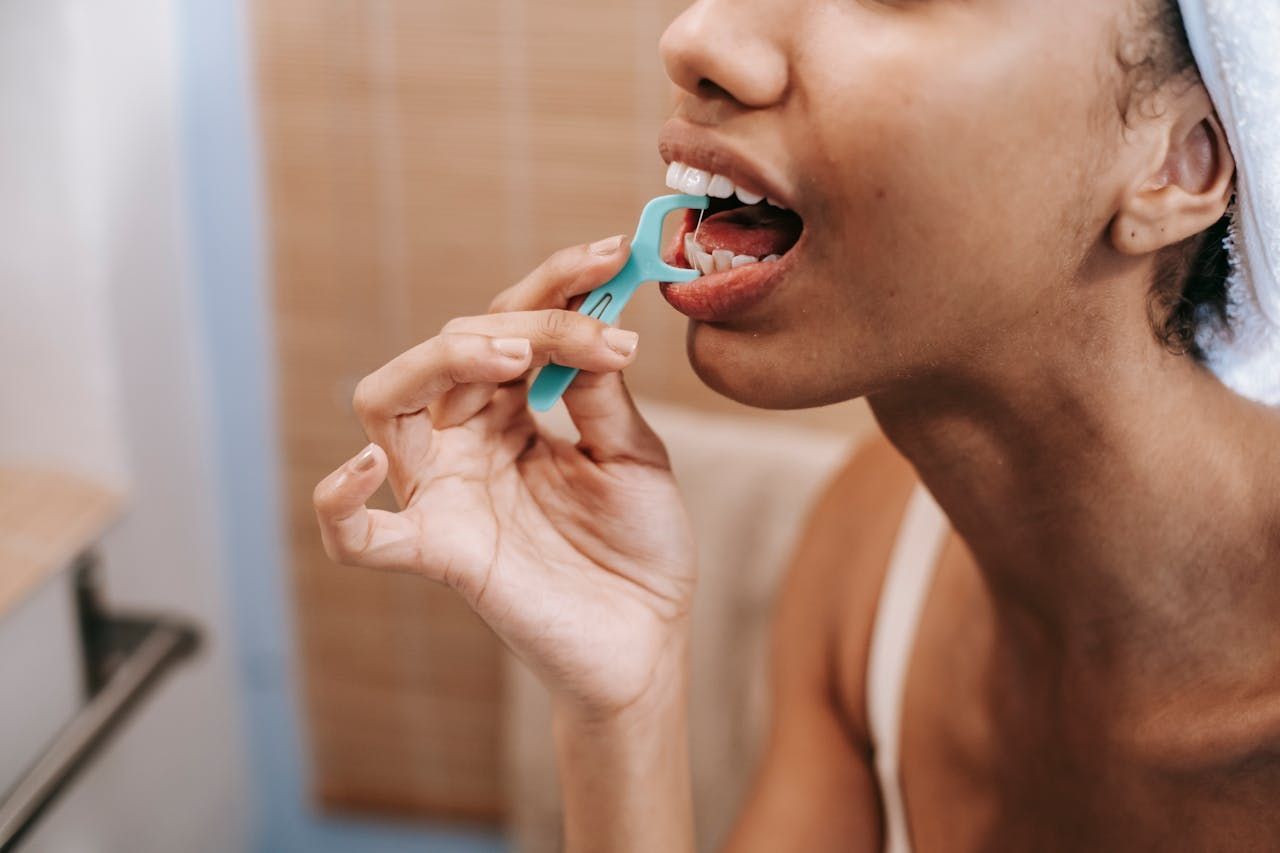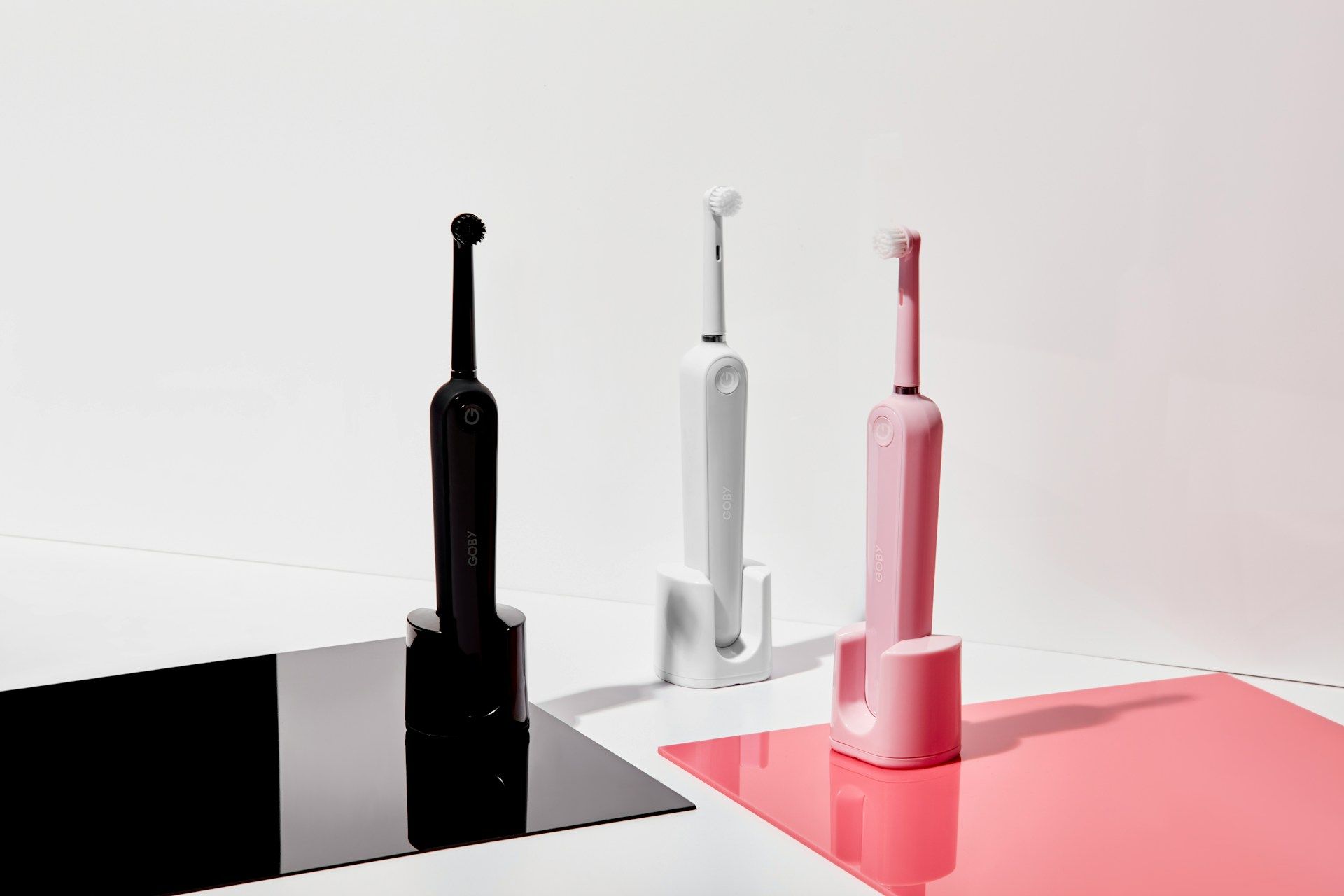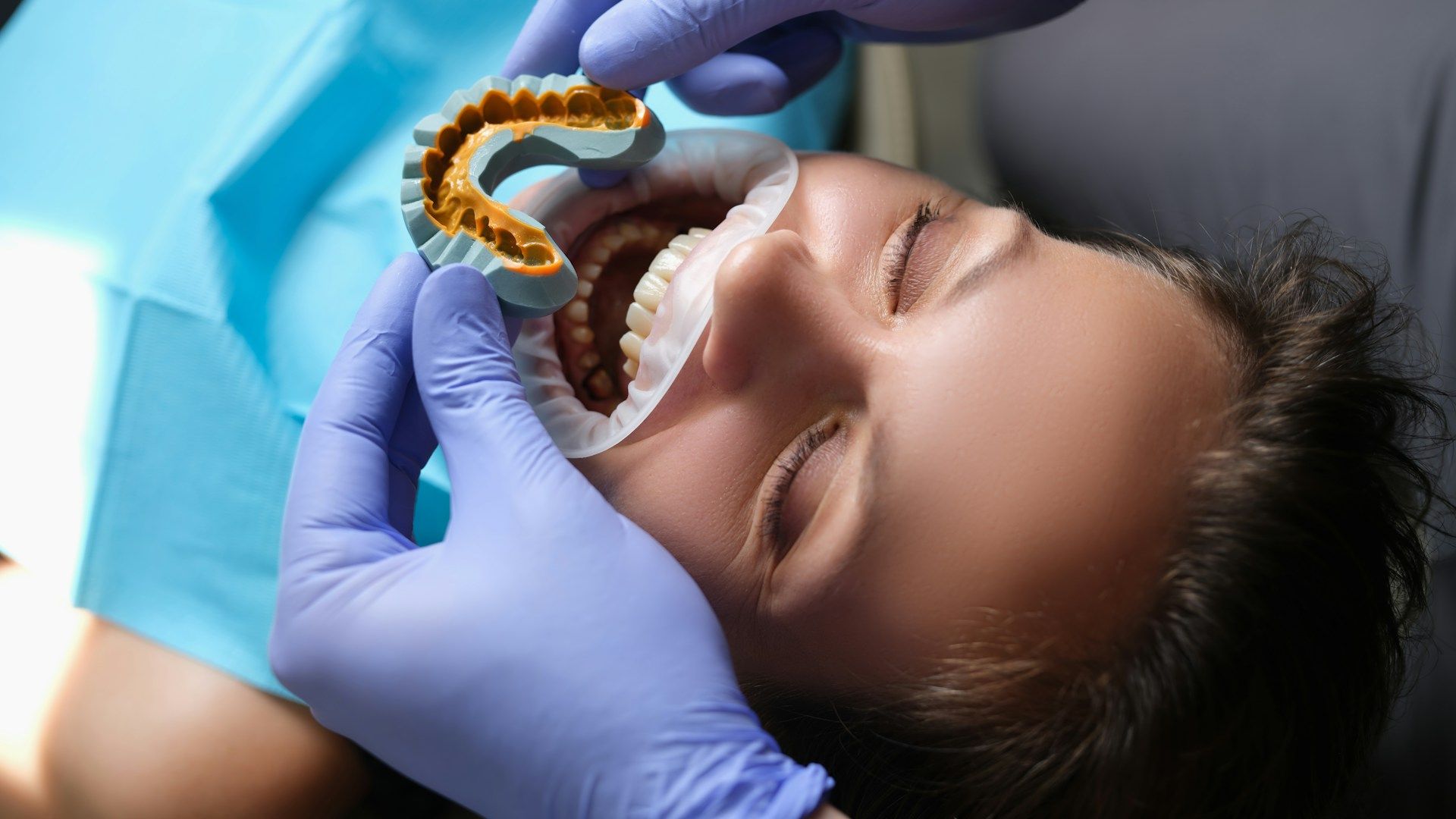Getting new dental implants is an exciting step toward restoring your smile and improving your oral health. Dental implants are designed to look and function like your natural teeth, and with proper care, they can last a long time. However, just like your natural teeth, implants require diligent care to ensure they remain healthy and functional.
Taking care of your dental implants involves more than just brushing. You need to adopt specific daily oral hygiene practices to keep your implants in top shape. Paying attention to the foods you eat and recognizing potential problems early can also make a significant difference in the longevity of your implants.
Knowing the right steps to take for maintaining your new dental implants can make the process less intimidating and more manageable. In this guide, we'll provide you with practical tips and advice to help you care for your dental implants effectively. From daily oral hygiene routines to knowing when to schedule checkups, these tips will help you keep your smile healthy and bright for years to come.
Daily Oral Hygiene Practices for Dental Implants
Taking care of your dental implants starts with good daily oral hygiene. Just like your natural teeth, implants need regular cleaning to stay healthy. Here are some simple steps to follow:
- Brushing: Brush your teeth at least twice a day using a soft-bristle toothbrush. Make sure to clean all sides of the implants and the gum line. An electric toothbrush can be helpful in ensuring thorough cleaning.
- Flossing: Flossing is essential for keeping the areas between your teeth and implants clean. Use floss designed for dental implants or an interdental brush to remove food particles and plaque.
- Mouthwash: Rinsing with an antibacterial mouthwash can help reduce bacteria in your mouth. Choose a product that is alcohol-free to avoid irritation.
- Routine: Stick to a routine that incorporates all these steps. Consistency is key to keeping your implants and gums healthy.
By maintaining these simple daily practices, you can ensure that your dental implants stay clean and function well for many years.
Foods to Eat and Avoid with New Implants
What you eat can significantly impact the health and longevity of your new dental implants. While your implants are tough, certain foods can still cause damage or discomfort. Here are some guidelines on what to eat and avoid:
Foods to Eat:
- Soft Foods: In the initial healing period, focus on soft foods like mashed potatoes, yogurt, smoothies, and scrambled eggs.
- Nutrient-Rich Foods: Balanced meals with plenty of vitamins and minerals are crucial for healing. Include fruits, vegetables, lean proteins, and whole grains in your diet.
- Hydrating Foods: Foods with high water content like cucumbers, oranges, and melon can keep your mouth hydrated and aid in healing.
Foods to Avoid:
- Hard Foods: Avoid hard foods like nuts, seeds, and hard candies that can put pressure on your implants and may cause damage.
- Sticky Foods: Stay away from sticky foods like caramel and chewing gum, which can get lodged around your implants and are difficult to clean.
- Sugary Foods: Limit your intake of sugary foods and drinks. Sugar can lead to plaque buildup and gum disease, which can affect your implants.
By paying attention to your diet and making mindful choices, you can help your dental implants heal properly and last a long time.
How to Recognize and Prevent Potential Problems
Recognizing and preventing potential problems with your dental implants can save you from discomfort and costly repairs. Here are some signs and steps to keep an eye on:
Signs to Watch For:
- Swelling or Redness: Some swelling and redness are normal right after the procedure, but ongoing or increasing swelling and redness could signal an infection.
- Pain or Discomfort: Persistent pain or discomfort, especially when biting, is a red flag that requires immediate attention.
- Looseness: Your dental implants should feel secure. If they start to feel loose, contact your dentist immediately.
- Unusual Odors: Bad breath or unusual smells coming from the implant area can indicate an infection or other issues.
Preventive Steps:
- Maintain Good Hygiene: Stick to your daily oral hygiene routine to prevent plaque buildup, which can lead to gum disease and other complications.
- Avoid Hard Objects: Don’t use your teeth as tools to open packages or bite down on hard objects like ice or pens.
- Quit Smoking: Smoking can slow down healing and increase the risk of implant failure. If you smoke, consider quitting to protect your implants.
By staying vigilant and taking preventive measures, you can help ensure the long-term success of your dental implants.
Scheduling Regular Checkups and Maintenance
Regular checkups and maintenance are crucial for the longevity of your dental implants. Routine visits to your dentist will help catch any issues early and keep your implants in top condition.
Why Regular Checkups Matter:
- Professional Cleaning: Even with excellent home care, plaque and tartar can build up in hard-to-reach areas. Professional cleanings ensure all areas around your implants are thoroughly cleaned.
- Detailed Examinations: Regular exams allow your dentist to inspect the implant site, check the health of your gums, and ensure that the implant is functioning well.
- Preventive Care: Dental checkups make it possible to spot issues like gum disease or bone loss early, allowing for timely intervention and prevention of more severe problems.
How Often to Schedule:
- Initial Healing Period: During the first few months after getting implants, you may need to see your dentist more frequently to monitor healing.
- Ongoing Maintenance: Generally, it’s recommended to have checkups and cleanings every six months, but your dentist might suggest a schedule tailored to your specific needs.
By keeping up with regular dental visits, you can protect your investment and ensure your dental implants remain healthy and functional.
Conclusion
Caring for your new dental implants involves a mix of good daily hygiene, mindful eating, and regular professional care. Following these tips can help keep your implants in excellent condition, allowing you to enjoy a healthy, beautiful smile for years to come. Knowing how to recognize potential problems and staying on top of routine checkups can prevent complications and extend the life of your implants.
At AB Dental and Oral Surgery, we’re committed to helping you maintain your dental health. Schedule your checkup today to ensure your
dental implants are in the best shape possible. Your smile deserves the best care, so let us help you keep it shining brightly.
BUSINESS HOURS
- Monday
- -
- Tuesday
- -
- Wednesday
- -
- Thursday
- -
- Friday
- -
- Saturday
- -
- Sunday
- Closed
All Rights Reserved | Dentist Websites by Energize Group






